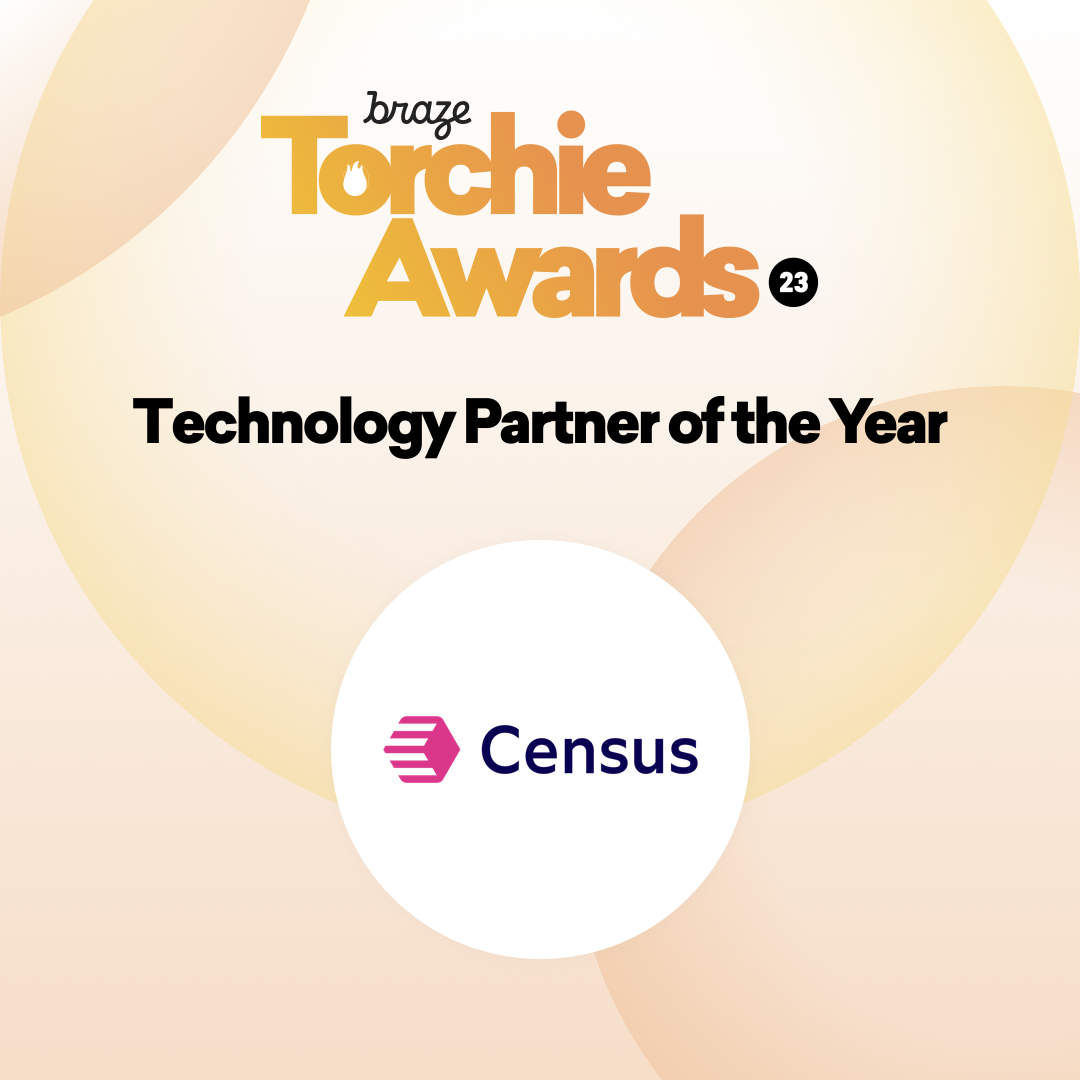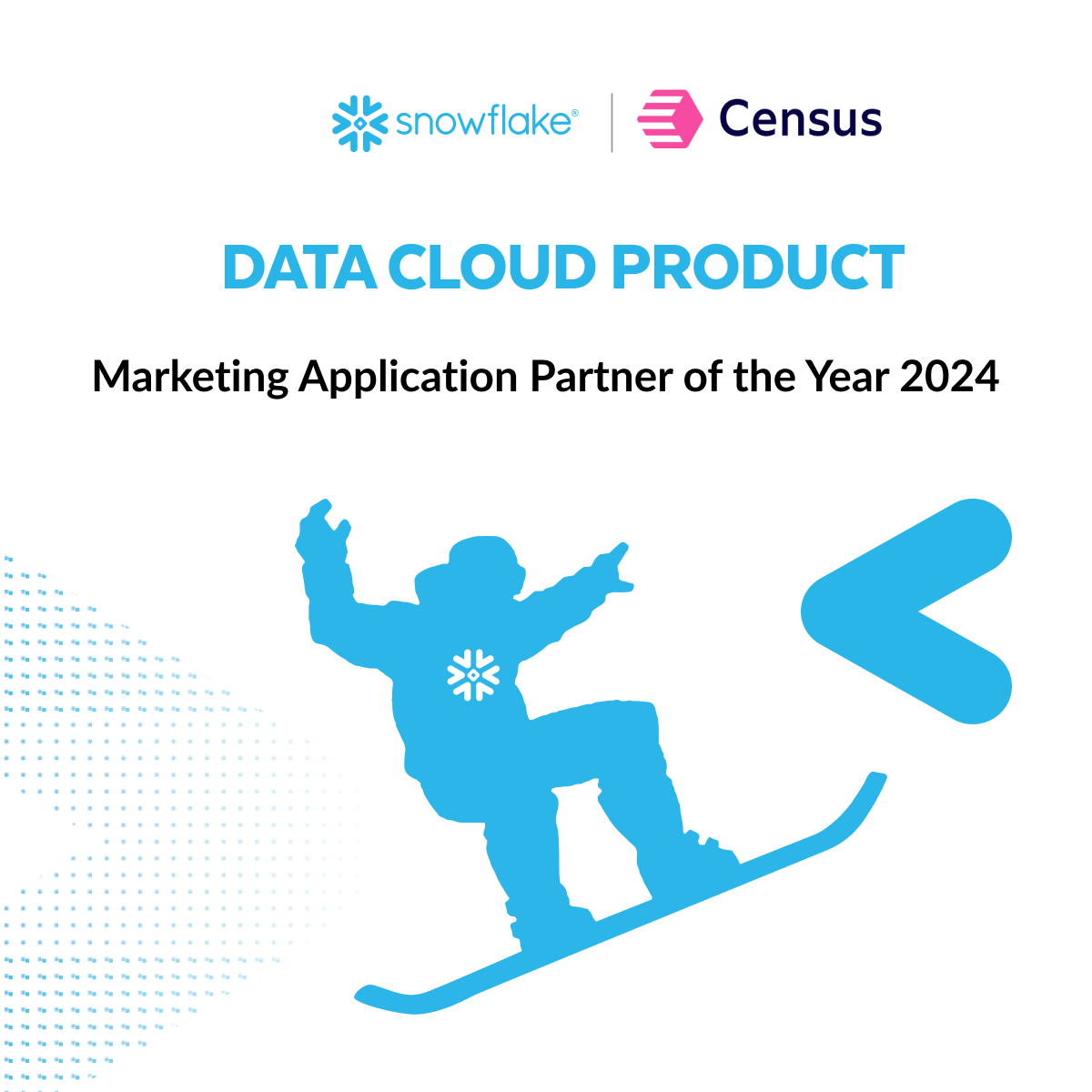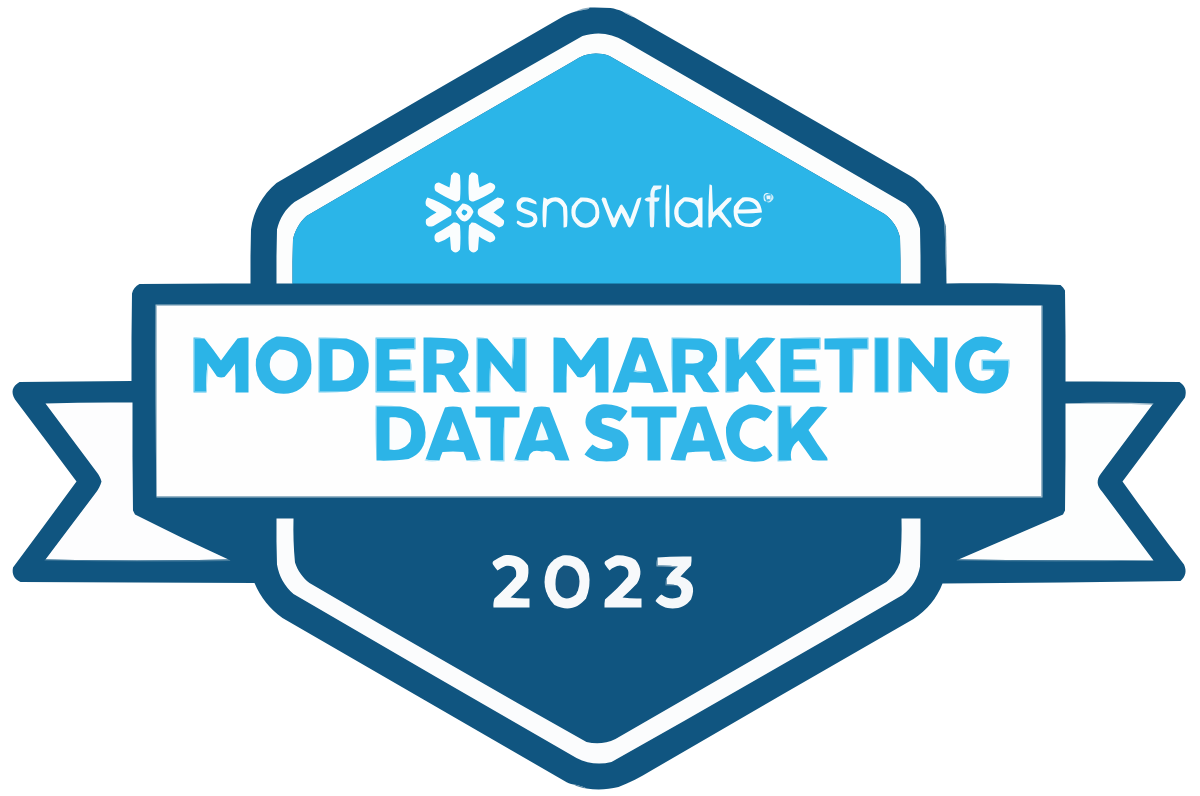Sync Rockset to Shopify
Personalize, segment, and target your Shopify customers
Get a demo Try for free







Integration in Four Steps
Step 1: Connect Rockset
Connect Rockset with standard API and ODBC credentials.
Step 2: Connect Shopify as a destination
You can use an OAuth log-in flow to connect Census to Shopify directly via the Census Connections page.
Step 3: Define the core data that matters for your business
Write a SQL Statement. Select the records you want to sync from Rockset. Census will match records based on the unique identifier you provide (like email or ID).
Step 4: Schedule your sync
Choose your sync frequency with options to transfer data in real time, on a schedule, or triggered via our API.
Get a demoWhere can you sync your Rockset in Shopify?
Customer
The Customer resource stores information about a shop's customers, such as their contact details, their order history, and whether they've agreed to receive email marketing.
API Docs DescriptionInventory levels
An inventory level represents the quantities of an inventory item for a location.
API DocsOrders
An order is a customer's request to purchase one or more products from a shop. You can create, update, and delete orders using the Order resource.
API DocsProduct
The Product resource lets you update and create products in a merchant's store. You can use product variants with the Product resource to create or update different versions of the same product. You can also add or update product images.
API DocsProduct Variant
A variant can be added to a Product resource to represent one version of a product with several options. The Product resource will have a variant for every possible combination of its options. Each product can have a maximum of three options and a maximum of 100 variants.
API DocsA single source of truth in all your tools
Census is the easiest way to share a consistent view of your data across your entire business. Define your models, metrics, and business logic in your data warehouse and sync them to all your operational tools.
- Create trust in consistent metrics
- Automate confidently with clean data
- Simplify your data integration strategy
- Improve data security and visibility
Helping business & data teams collaborate at








Advantages of Census
Build once. Reuse everywhere.
Once you define your models in dbt or in Census, you can sync them to all your tools, so every team is using the same data to achieve their goals.
No more CSV files & Python scripts
Focus on improving data quality and collaboration, not writing custom code to integrate with Go-t0-Market tools. Census takes care of getting the data into the hands of your business team. No engineering favors required.
It just works. At scale.
Whether you sync 100 records or 100 billion, we will keep your data in sync across your warehouse and your business tools. Census automatically navigates API failures and monitors errors to keep you aware of worst case scenarios.
Data Activation Use Cases
Syncing from Rockset
Rockset is a cloud-based real-time operational analytics database designed to serve data-driven applications at scale. Examples of such applications include instant personalization, IoT automation, real-time customer 360 profile views, and many gaming apps. Rockset brings together cloud-native architecture, schemaless ingestion, converged indexing of all ingested data, and full-featured SQL to enable developers to build real-time applications on data quickly and simply. In the Rockset platform, you can also build your complete customer data platform and get your comprehensive unified customer profiles to sync them to your everyday business tools to build better customer experiences and grow business revenue.
Now you can use the data in Rockset for more than just analytics and BI. With Amazon Rockset you can operationalize your data across your entire customer data stack.
Learn how to use Census with 👉 our Rockset docs
Syncing to Shopify
Shopify is an e-commerce company that provides tools to grow and manage retail businesses of any size.
Learn how to use Census with 👉 our Shopify docs
Census connects to Rockset and syncs data to Shopify. With 200+ integrations (and counting!) and transparent pricing, it's never been easier to start operationalizing your data. This is what we like to call Reverse ETL.
Census is the #1 Data Activation and Reverse ETL platform




“Census is a big part of how we drive net new business and greatly reduce costs using data.”
Marc Stone VP of Data and Growth





From your data warehouse to all your teams, customers, and apps.
Without code or CSVs.
Take action with data today. Book a demo with one of our experts.






















